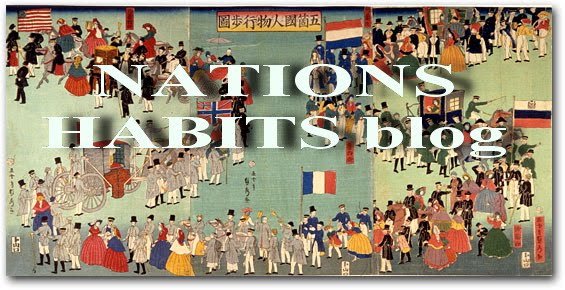Breakfast has almost religious overtones
Our word for the first meal of the day, "breakfast," has almost religious overtones, as if the hours in which we sleep are a purposeful abstention from sustenance. We get this word from the English -- just as we get from them many of our breakfast habits and dishes. And, since both the US and England
Almost uniformly in other countries, the word for breakfast is not so portentous. In some languages, it barely rates meal status. The German frühstück is, literally, an "early bite." In France and Italy France America


0 Responses to Breakfast has almost religious overtones